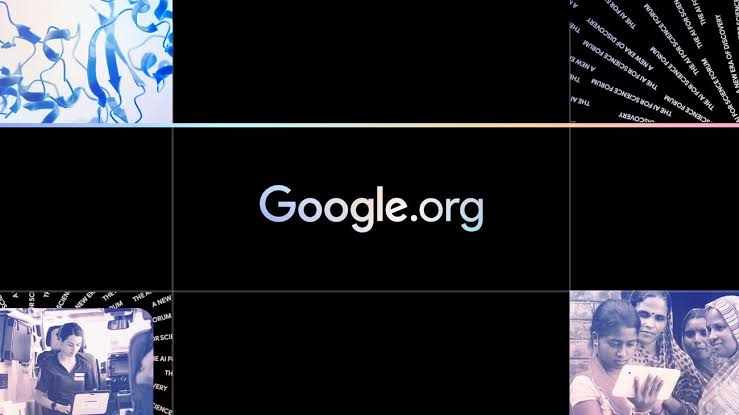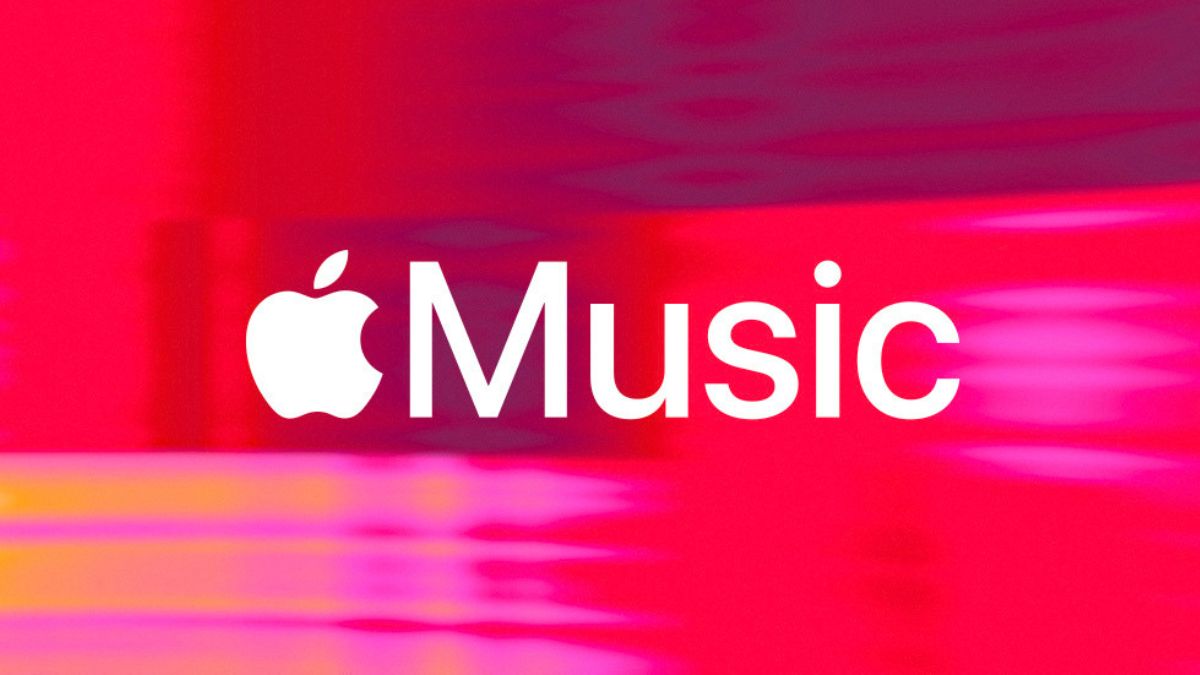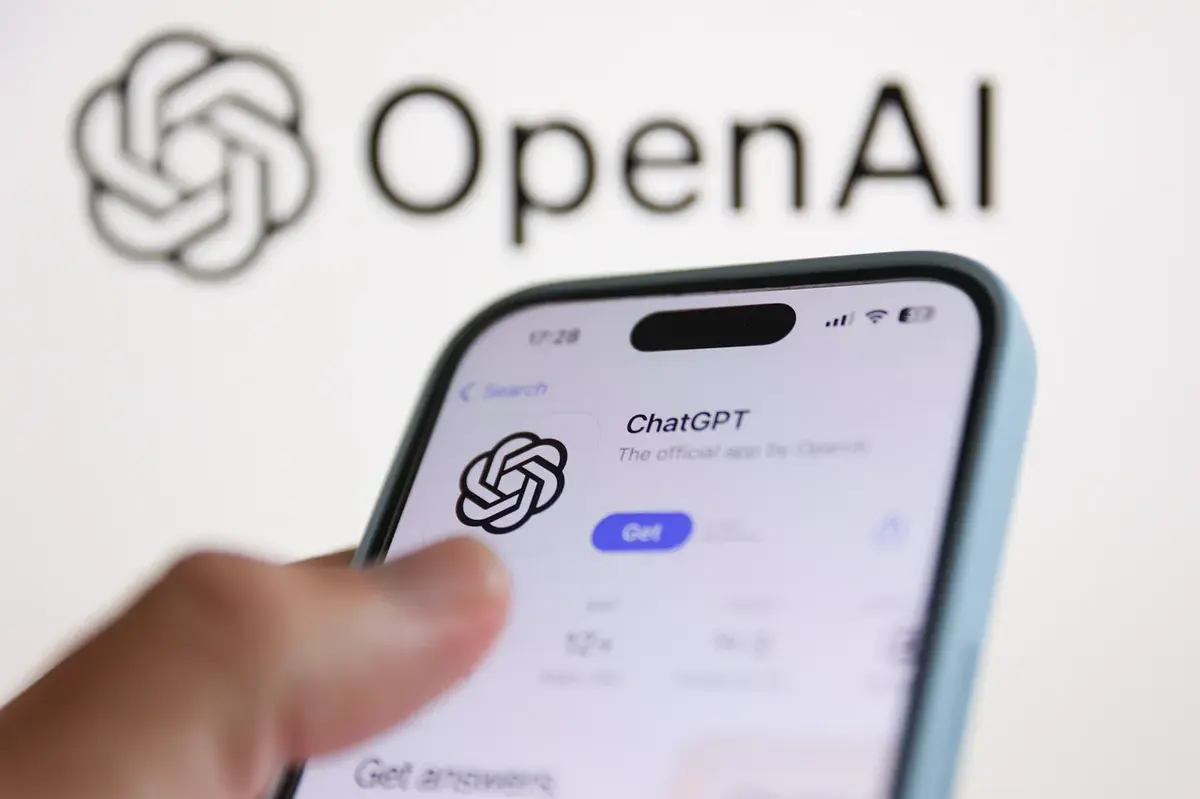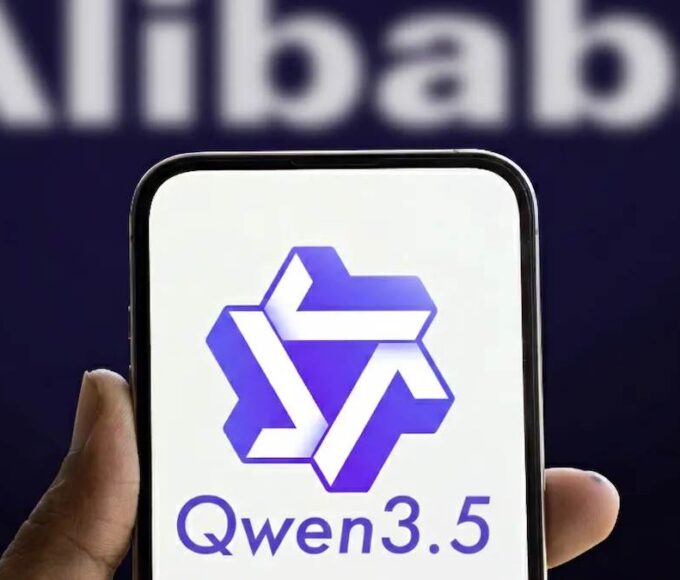Google.org announced a new $20 million fund to help scientists use AI for research. The announcement came at the AI for Science Forum on November 18, 2024.
The fund aims to support universities and nonprofit groups worldwide. It will focus on research in rare diseases, biology, materials science, and environmental studies.
Google will also provide:
- $2 million in Google Cloud credits
- Technical help from Google staff
Maggie Johnson, VP of Google.org, pointed to AI’s recent success in science. She noted the 2024 Nobel Prize in Chemistry awarded for AlphaFold, an AI system that predicts protein structures. Over 2 million researchers have used AlphaFold to study diseases like malaria and Parkinson’s.
The new fund adds to Google.org’s previous work. In the past five years, they gave $200 million to groups using AI for science. Past projects include:
- Materiom’s work on new plastics
- Women’s Cancer Institute’s research
- Doctors Without Borders’ study of antibiotic resistance
Google hopes this funding will lead to more scientific breakthroughs and encourage other organizations to invest in AI science research.











